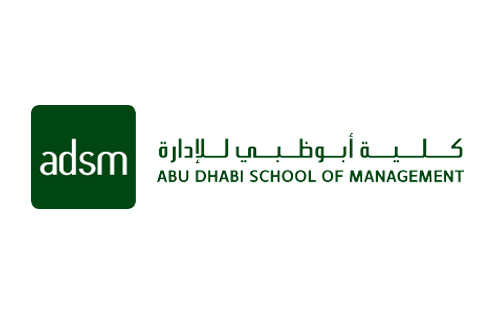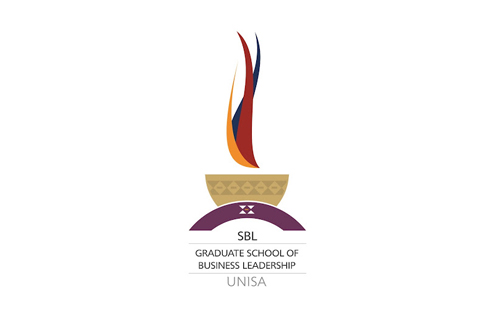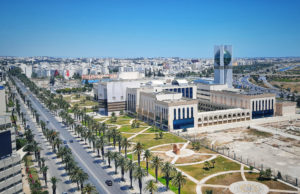African & Middle Eastern Capacity Building Workshop: The Business School’s Role in Upskilling the Local Workforce in AI Technologies


As digitalisation and AI continues to reshape the global job market, businesses must proactively adapt to these changes to stay relevant. Upskilling and reskilling the local workforce on digital skills and AI are not just strategies to navigate this revolution, but essential investments in the future of the workforce and the long-term success of the business.
Business schools, as hubs of knowledge and learning, are well placed to teach the local workforce on how to use AI to improve productivity and efficiency, and solve regional problems, such as climate change, healthcare, food shortages, lack of accessible drinking water and economic growth.
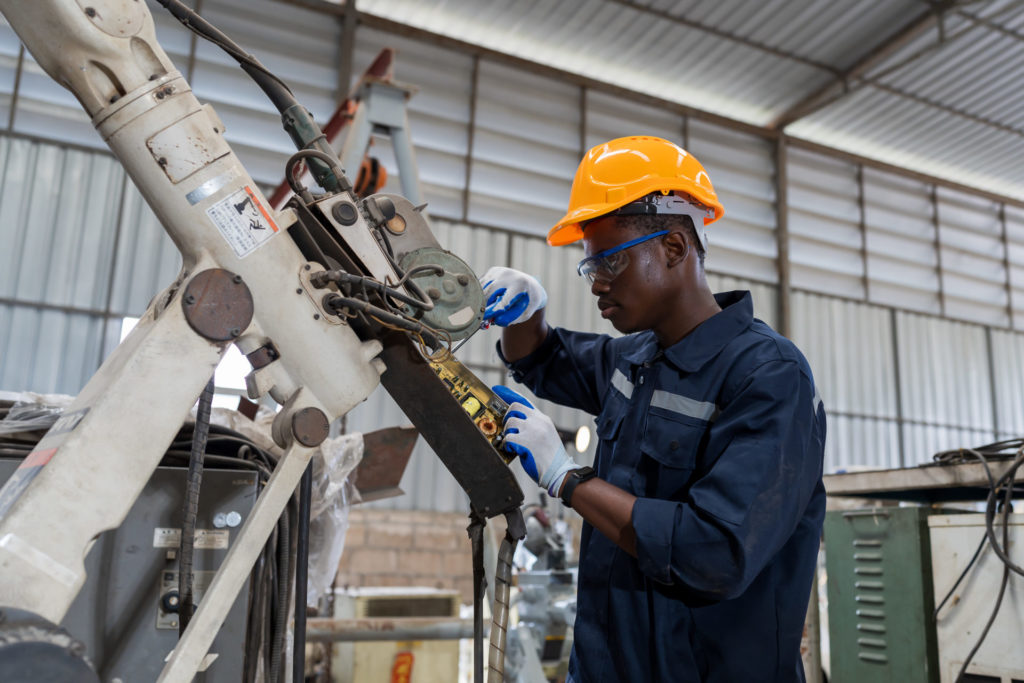

AI has the power to automate and optimise routine processes and tasks to free up time for individuals, such as reducing the administration tasks on doctors and nurses in hospitals. AI can also improve productivity, as seen in Ghana where they are using unmanned drones to help cashew nut farmers ward away pests. The benefits are endless, yet few still know of the full potential or how to integrate it into their own workplace. This is where business schools can play an impactful role in upskilling the local workforce on using and implementing AI.
In the fourth workshop dedicated towards African and Middle Eastern business schools, we will cover:
- Examples of how business schools are using lifelong learning modules to upskill and train people on using AI systems.
- Case studies of AI and digitalisation implementation for different industries.
- The future outlook of AI and industry integration in the region, and how business schools can play a bigger part.
Meet the speakers
Dr. Marc is an Associate Professor of Operations Management and Academic Dean at ADSM. He is co-founder of the Artificial Intelligence Management Institute (AIMI) at ADSM, which is offering long life learning for the Abu Dhabi community. Dr. Marc has been in Academia within the UAE for the last 13 years, as well as contributed to the development of regional companies.
Masike Malatji
Associate Professor and Head of Department – Digital Transformation and Innovation
University of South Africa (UNISA)’s business school

Masike Malatji has 20+ years of management consulting experience in the information and communication technology (ICT) sector of South Africa. He has implemented projects in key industries such as mining, government, manufacturing, retail, water, energy, transportation and ICT. He has experience interacting with stakeholders from the lowest to the highest levels of enterprises, including executive management and boards of directors. Masike is also an accomplished digital transformation academic and published cybersecurity researcher. He is an associate professor of ICT at, the Graduate School of Business Leadership (SBL), where he is also chair of department. Masike possesses a Doctor of Engineering degree in Engineering Management from the University of Johannesburg, Gauteng, South Africa.
Faouzi Kamoun is a Professor, Deputy General Manager of ESPRIT School of Business (Tunisia) and Director of ESPRIT Research Office. Prior to joining ESPRIT in 2015, he held various academic and administrative positions, including Dean of the College of IT at the University of Dubai and Acting Dean of the College of Technological Innovation at Zayed University. He is currently leading many research projects on technology management, social innovation, pedagogical innovation, cybersecurity and digital forensics, and smart cities. He is the co-editor of one book and the co-author of more than 100 research articles.
Speakers are from BGA school members:
Watch previous African & Middle Eastern
Capacity Building Workshop videos
Read Business Impact
Africa and the Middle East

Continuous interaction, continuous improvement
How can students help institutions rethink learning and deliver transformational business education? Sherif Kamel, Dean of the School of Business at The American University in Cairo highlights how student feedback is ‘a powerful informer’ of his School’s evolution

Changing the mindset on sustainability
Transforming business communities for the better can be achieved through changing society’s mindset on the impact of sustainability. Tim Banerjee Dhoul presents highlights from BGA’s Capacity Building Workshop on implementing sustainability practices in Africa and the Middle East

Democratising education and developing responsible leaders to solve Africa’s most prevalent problems
Lagos Business School’s Chris Ogbechie on the challenges of leading through a pandemic and preparing students to tackle Africa’s business and societal challenges
Total number of African business schools that hold BGA membership
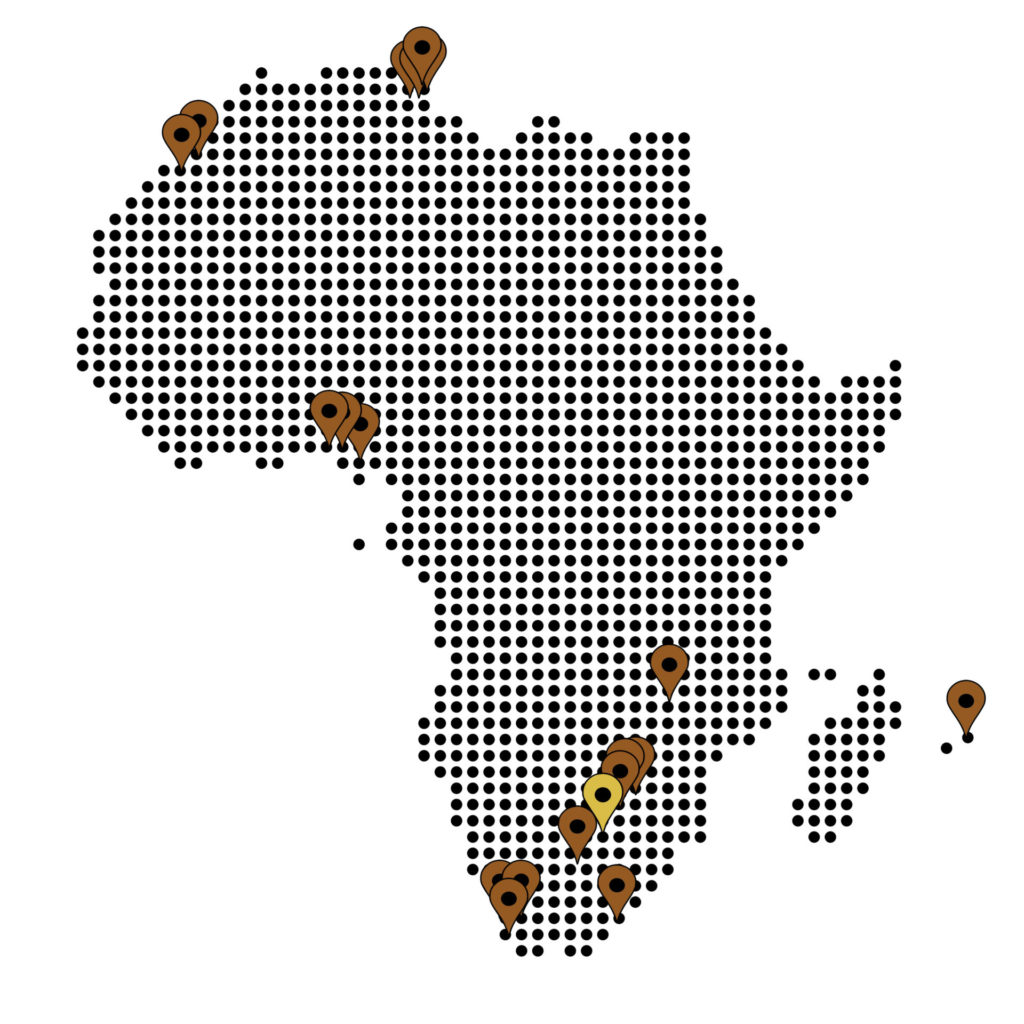
Total number of Middle Eastern business schools that hold BGA membership
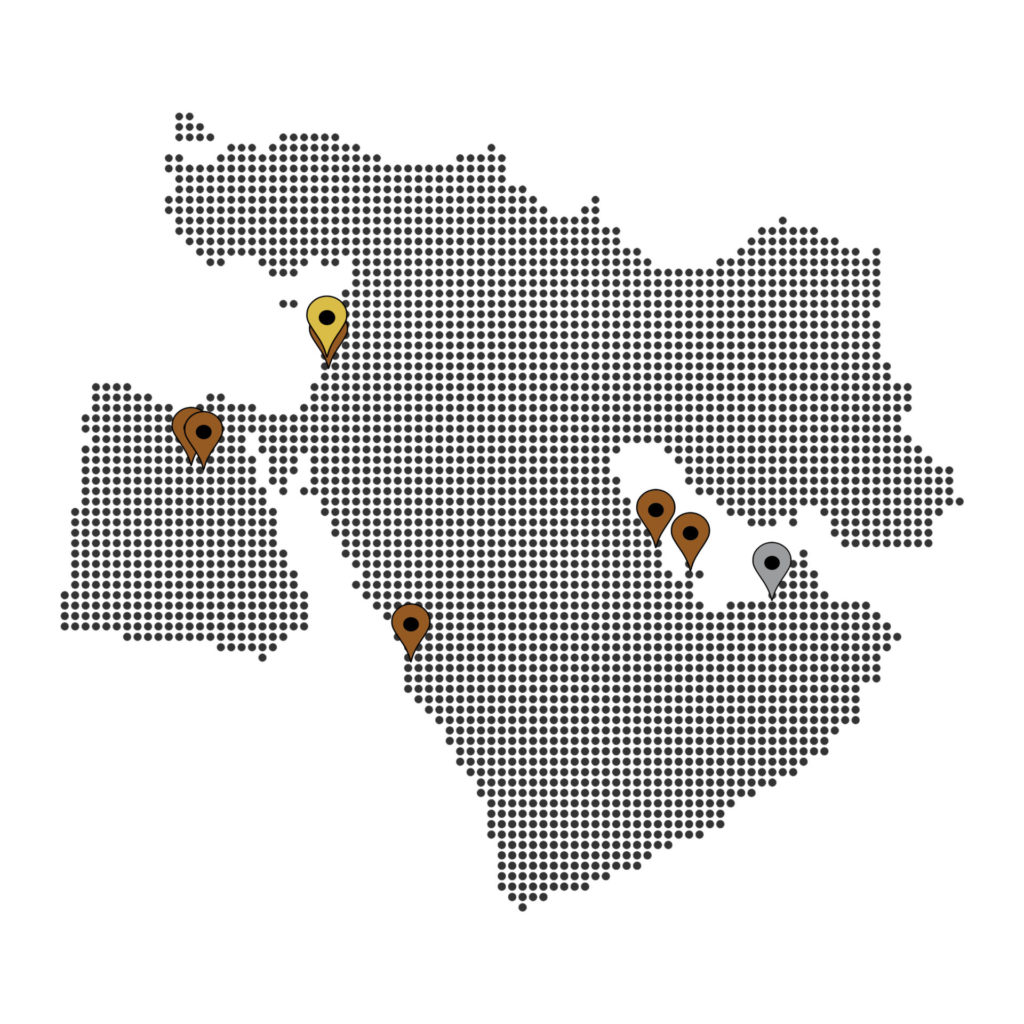
Want to get in touch?
For questions about BGA membership, please contact:
Victor Hedenberg
Membership Director



